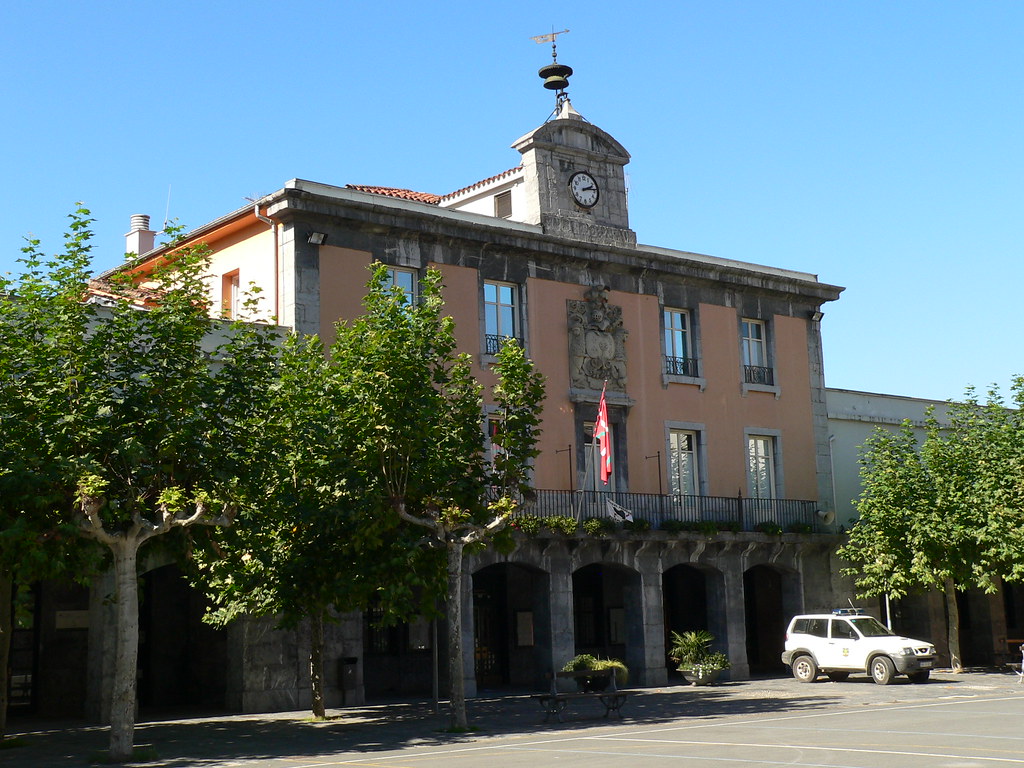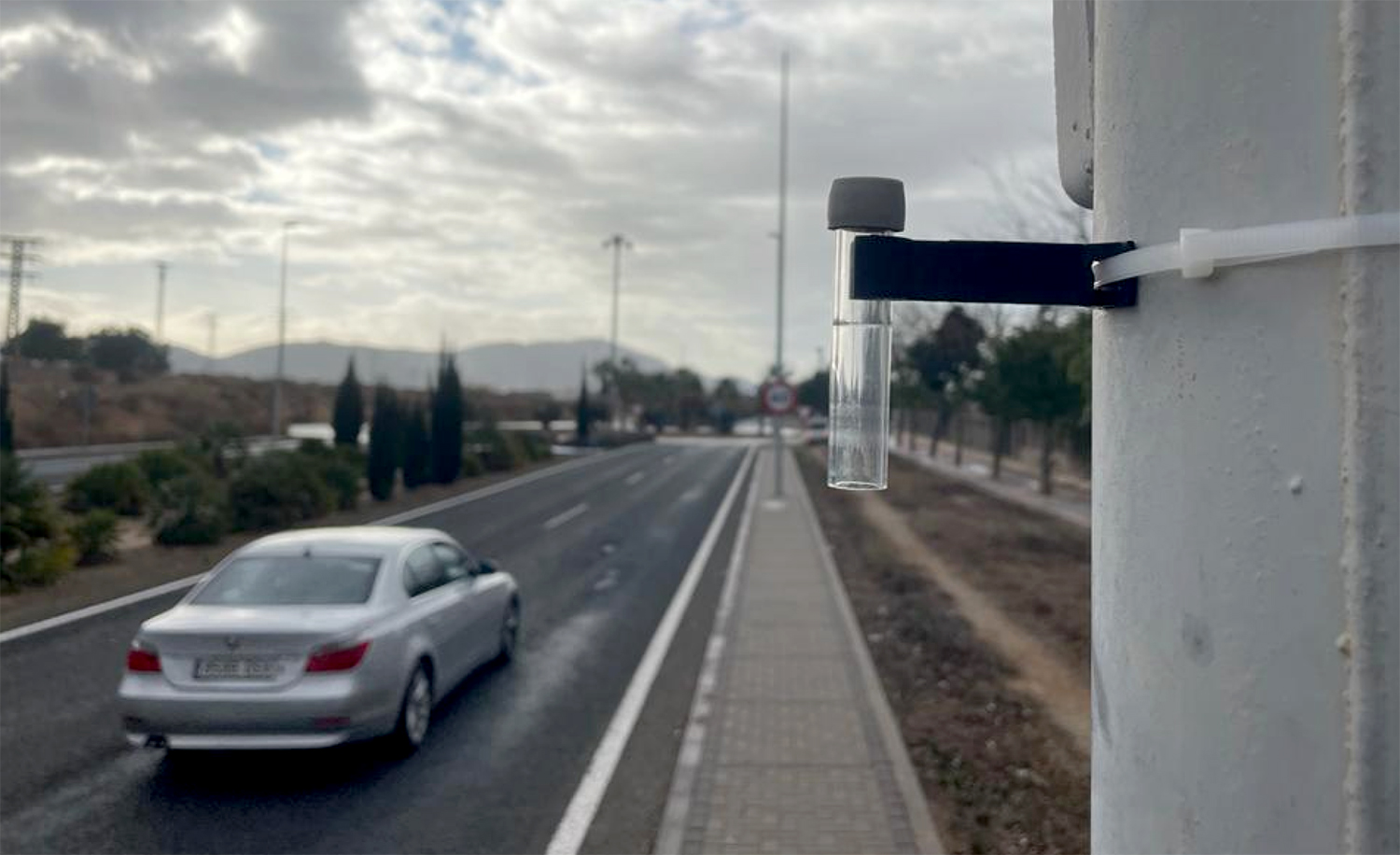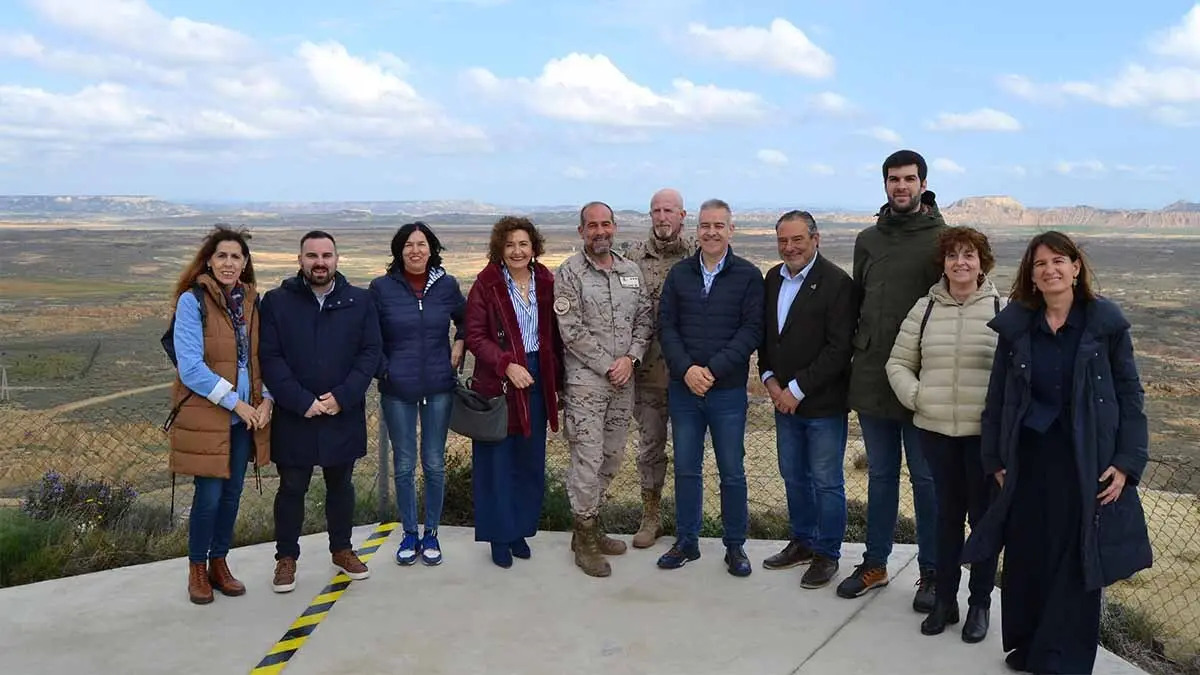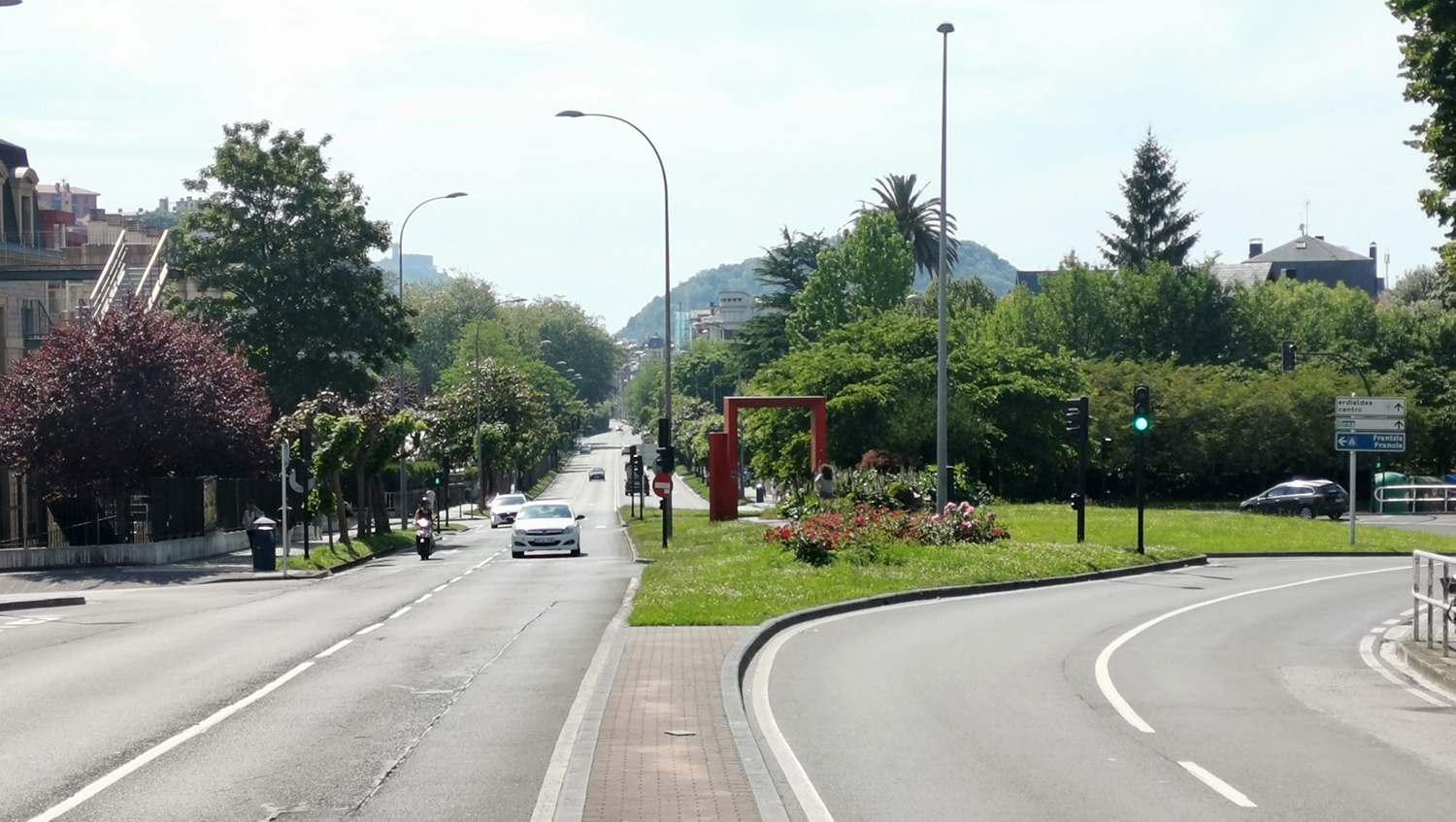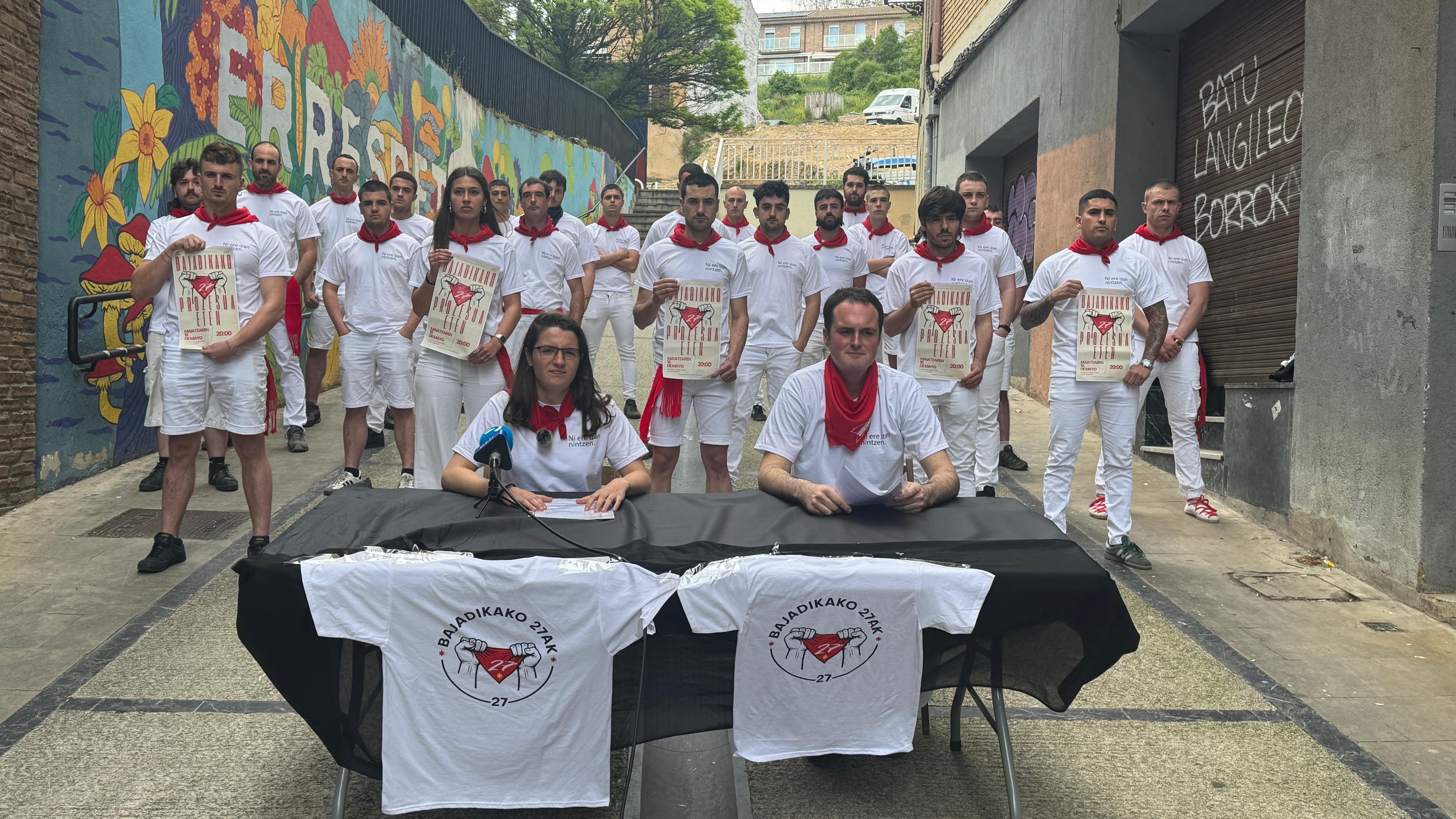Deep seabed threat: mining minerals and metals is a door
- The International Seabed Authority will discuss from 16 to 31 March a decision that would have irreversible effects on the ecosystem, the climate and, therefore, life: whether or not to open the way to the extraction of submarine metals and minerals. Activist companies focus on the submarine, with funds of 200 to 10,000 meters high, and engage in the lobby. In front of them, there are a lot of ecologists and scientists linked to the information work of the states that will soon have to position themselves. It's a sokatira to death. If we all win, we'll all be losers.
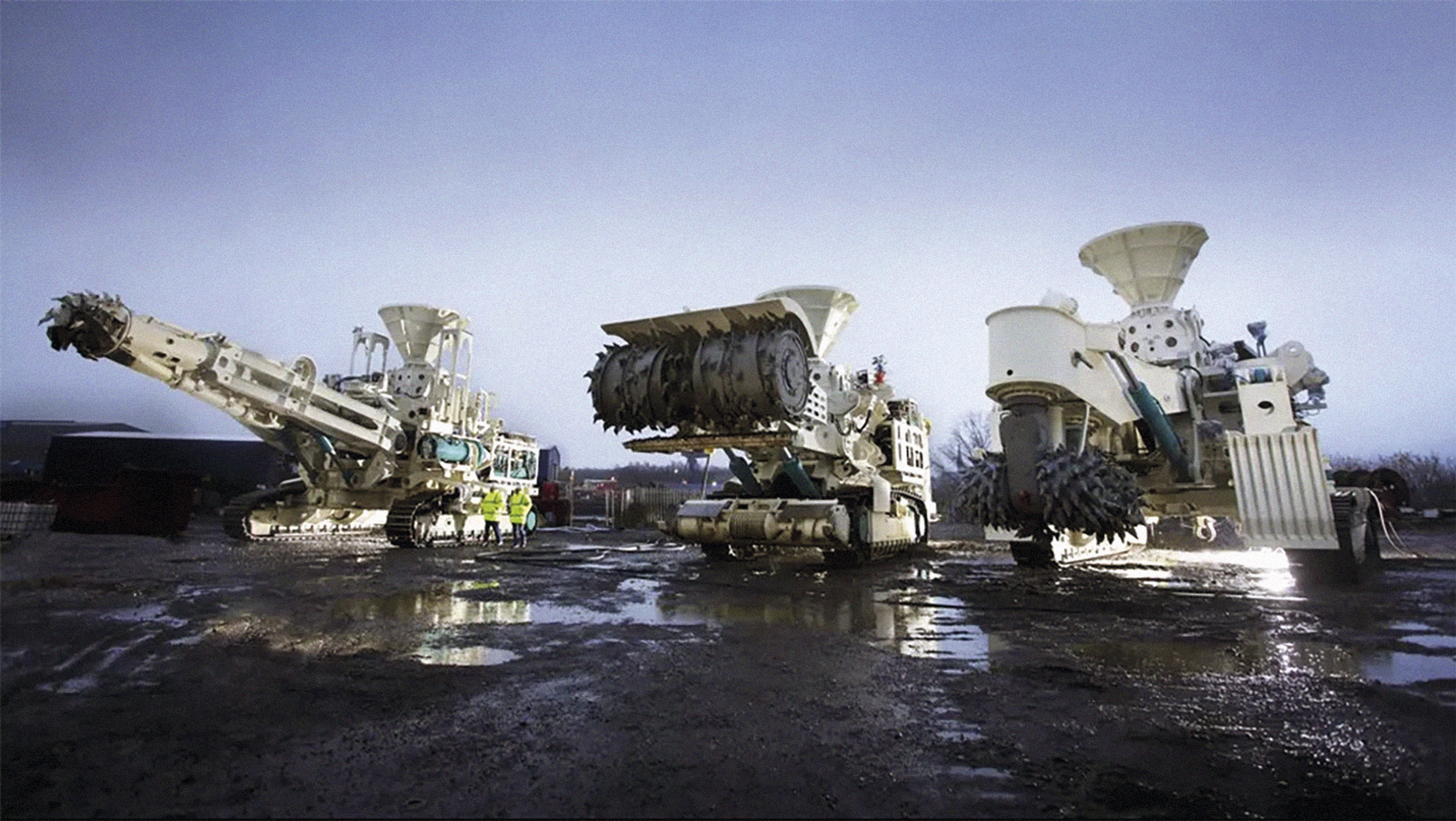
Capitalism has no limits, its hunger is insatiable, and now we focus on the deep seabed: a seabed ranging from 200 to 10,000 meters below the sea. She dreams of getting minerals and metals from these depths, such as zinc, gold, silver, copper, manganese, cobalt, nickel or lithium.
However, it is an almost inaccessible area, consisting of mountain ranges, volcanoes, cannons and open warning areas. Light also does not reach these depths and darkness predominates – what is the ecosystem, one in five animals in the region emits light no more excited by violence. And Parapandalus sp. there is a shrimp that illuminates its surroundings with the light above! The violuminiscent character serves to capture its members, find food more easily and run faster when needed. Environmentalist Anne-Sophie Roux in an interview with Radio Nova states that "we know better the surface of the moon than the seabed". We do not know the peaceful species present in them (scientists say that 80% of the species in our ecosystem are undiscovered). However, it does not matter, there are companies and states that are trying to get metals and minerals from the bottom of the sea and that are willing to crush everything in it.
.jpg)
We have few scientific studies on the seabed and too many ignorances. So they're trying to get a moratorium on demolitions.
The geological riches of the area are scientifically called the "polymetallic nodule". In particular, they are balls between five and twenty centimeters in diameter that have taken millions of years to grow. "Everything at the bottom of the sea, everything, goes very slowly. The traces left by a group of the first expeditions to the seabed in the 1980s look as if they had been done yesterday. Manganese nodules, precious metal pipes from the bottom of the oceans, take a million years to grow by 5 to 20 millimeters. Ecologists have warned that everything that is destroyed will not be regenerated for a long time, and may never appear again," can be read in the 2018 Atlas of the Oceans of the Heinrich-Böl-Stiftung Foundation. Also observed are the "polymetallic sulphides", rich in copper, iron, gold, silver and zinc, in submarine volcanic areas, as well as the "cobalt surfaces", located in the summits (100,000 would be the submarine mountains over 1,000 meters). A number of giant slot machines and excavators would approach and scratch and choke the soles and then pipe them to the boats and platforms of the companies.
Destruction of the ecosystem in the name of the transition
Such extraction would have an irreversible effect on the climate: scientists say that the seabed absorbs 38% of greenhouse gases and 93% of the heat from these emissions. What will happen to the release of this carbon dioxide? This extraction is considered a "carbon pot" and, since it could not be otherwise, it would only make the climate worse until it becomes an unsustainable emergency. Although the impact is clear, we have few scientific studies on this field and too many ignorances. Hence, many actors seek a moratorium, and this in the name of the precautionary principle.
For the time being, the International Seabed Authority does not allow extraction, but since July last year it has had the case on the table. This industry is under heavy pressure from lobbies and states. By July 2023, the latter would like to see legislation and procedures for granting operating licences. Their arguments serve to complain to ecologists, including their bold greenwashing tendencies: this would be an essential step in guiding the ecological transition. They say that for the new "green" technologies (e-cars, photovoltaic plates, etc.) These minerals and metals are essential, and surface metals would not be enough to guide this change. Without entering the debate on the elimination of a "carbon bomb" in the name of transition, ecologist Anne-Sophie Roux belies this statement: "If we were to channel the circular economy and the recycling of minerals and metals already extracted, then we could respond to the demand."
Ecologists disseminate information and carry out pedagogy and pressure work before state representatives. That is why the French Parliament voted in favour of the moratorium on 17 January, by an absolute majority – 215 in favour and 56 against right and extreme right. Players in the Pacific Ocean, who were at the forefront of the damage caused by this industry, started the opposite movement, and other states are supporters of the moratorium: New Zealand, Germany, Panama, Chile or others.
Scientists say the seabed absorbs 38% of greenhouse gases and 93% of the heat from these emissions.
Non-governmental organizations like Greenpeace or WWF are also conducting campaigns. But they're not the only ones: a hundred groups are part of the Deep Sea Conservation Coalition. Precisely because time is limited, the negotiations will continue from 16 to 31 March, past in Kingston, Jamaica, when the 168 members will discuss the exploration and exploitation of the seabed.
Currently, the International Seabed Authority established in 1994 has exploration permits for better management of this sector. In total, some forty have been distributed and the area under investigation is 1.3 million square kilometres. Each of the authorizations contains in itself an elliptical area, so if the move to exploitation takes place we would not be tired of imagining the consequences… Experts are clear that this industry would alter the ecosystem by destroying unknown underwater fauna and flora. Among other things, the movement of soil sediments can harm the turbidity, luminosity and chemical composition of the water, as we know that they then pour waste into those waters, breaking the balance that existed for millions of years – let us suppose that the fascinating violuminiscent character, capable of developing to adapt to the ecosystem, would not be enough in those mixed waters. Noise pollution by sawdust and tooling.

Some videos from the beginning of the year informed us of the explorations and tests of the Canadian company The Metals Company, which were broadcast without authorization by scientists on board to inform the public about what is going on: no matter how important, the waste generated by the exploitation of metals and minerals is dumped on the sea surface, which is illegally one of the conditions of the authorization for its later emptying on the seabed. With the states of Nauru, Kiribati and Tonga, this Canadian company got permission to "test" the first exploration. Single authorization for the Pacific Clarion Clipperton area -- to capture 3,600 tons of tiny nuggets.
Pedro Sánchezek hornitzaile pribatuei eta Red Eléctrica de Españari egotzi die itzalaldiaren inguruko informazio gutxi eskaintzea, baina azken honek jakinarazi du "gutxi gorabehera" aurkitu dutela Iberiar penintsula osoko argindarra joatearen arrazoia... [+]
Automatizazioaren eta abereen inguruan kuxkuxeatzen ari nintzela, ukuilu automatizatuen informazioa hasi naiz eskuratzen. Nire idazmahaiaren erosotasunetik idazten, gizakion kontsumorako modu masiboan esplotatzen ditugun abereen bizitzak nahiko penagarriak direla iruditzen zait,... [+]
Bizitza ez-berriztagarriak filma ikusentzun zuten atzo 70 inguru lagunek Villabonan. Francisco Vaquero egilea bertan izan zen eta emanaldiaren ostean hitza hartu zuten herritarrek, kargu publiko batek eta egileak berak. Hainbat gai eta ikuspegi anitzak agertu ziren, baina... [+]
Klima aldaketaren eraginez, munduko lurralde gero eta gehiago idortzen ari dira, milioika pertsonaren jarduera eta bizimoduak kolokan ezarririk. Fenomeno horren frontean dago India erdialdeko Maharashtra estatua, non klimaren berotzeari eta lehortzeari metatu zaizkien oihan... [+]
Ekologistak Martxan taldeak ohartarazi ostean Donostiako Ategorrieta hiribide inguruan airearen kutsadura maila oso handia dela, udaletik zalantzan jarri dute erabilitako metodologia eta adierazi dute errepide horretan dagoen estazio ofizialaren datuak hartu behar direla... [+]
José María Agramontek agerraldia egin du asteartean Nafarroako Parlamentuan, UPN eta Contigo-Zurekin alderdiek eskatuta. Bardeako Komunitatearen Batzarreko lehendakariak nabarmendu du Espainiako Defentsa Ministerioa ingurumenarekin egiten ari den "esfortzua"... [+]
Oraindik ikusgai dago Donostiako San Telmo museoan Memoriaren Basoak erakusketa, maiatzaren 11ra arte. Totalitarismoek gizartea kontrolpean hartzeko erabiltzen dituzten metodo eta tekniken inguruko hausnarketa bat da, espresio artistiko ugariren bidez ondua.













